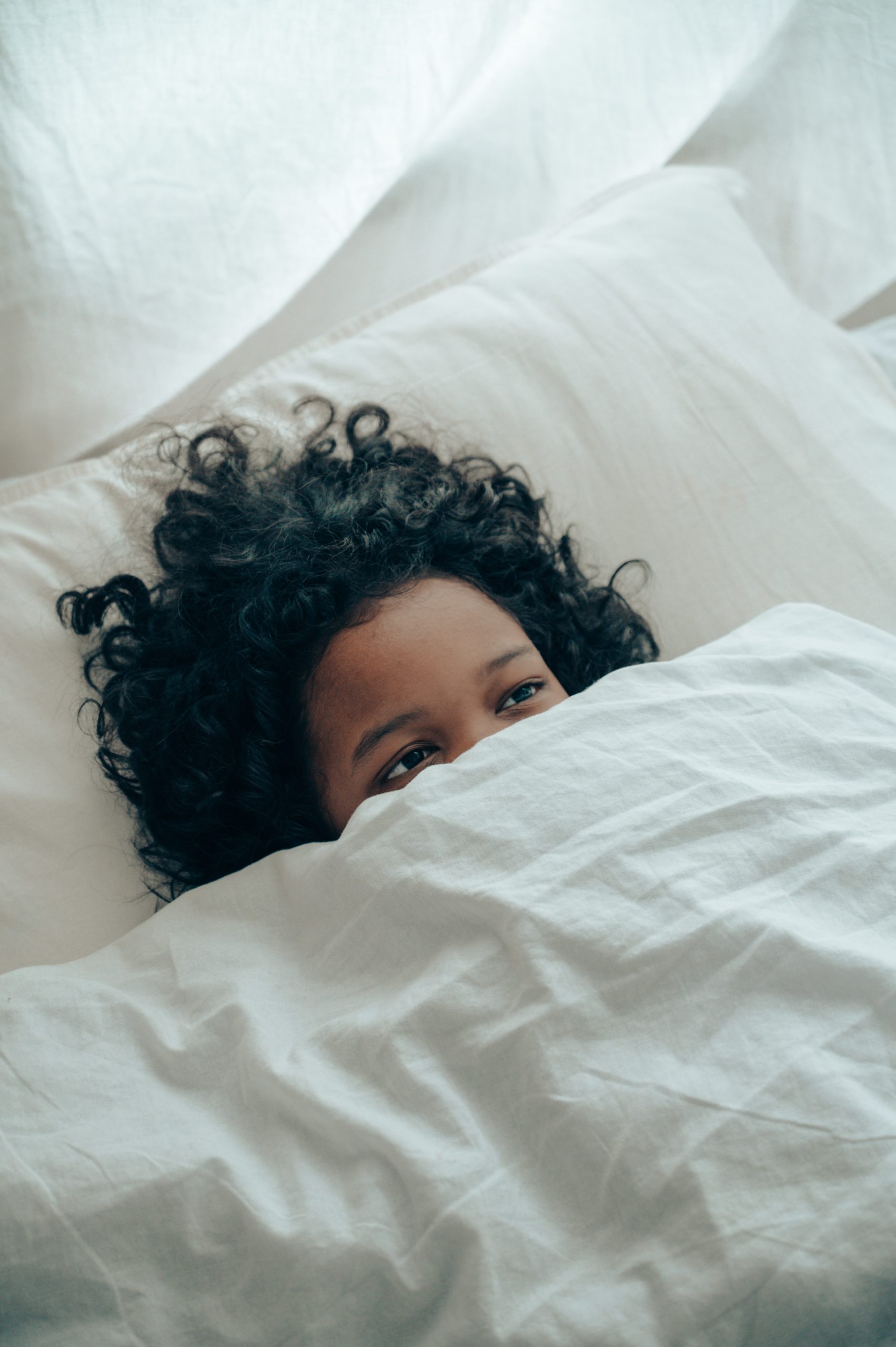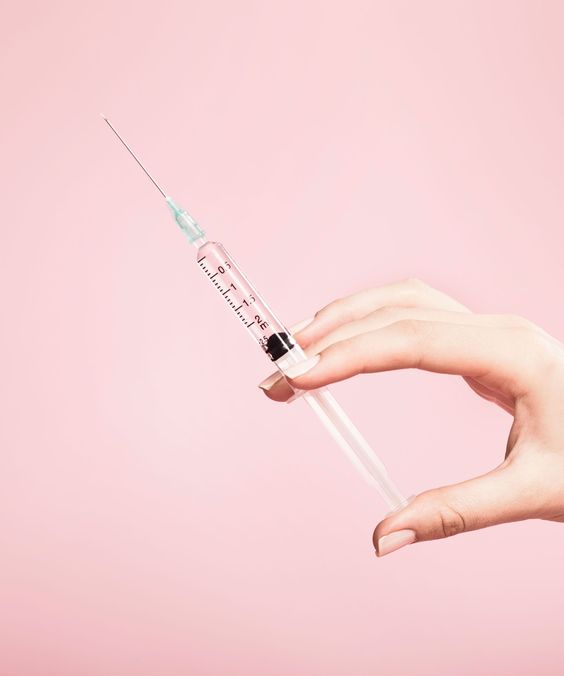
Struggling to sleep at night due to your partners Sleep Bruxism? You’re not alone.
One of the common issues raised by patients today is, grinding at night. On average 8% of the general population is affected by it. Teeth grinding in general affects a larger proportion of the population, however today we discuss night grinding specifically – symptoms, long term impact, and how best to treat it.
What is Sleep Bruxism?
The medical term given to night grinding is Sleep Bruxism. The sleep-related movement disorder is characterised by gnashing, teeth grinding and jaw clenching during sleep. Sleep Bruxism mainly occurs in light sleep stages or during sleep transition periods. The images below show the visible impact Sleep bruxism can have on your teeth.

Example of Sleep Bruxism affected teeth

Sleep Bruxism Impacted Teeth vs Healthy Teeth
What causes night teeth grinding?
There are a number of factors that cause Sleep Bruxism including:
- Stress/Anxiety/Depression
- Anger/Frustration
- Problems in sleeping (sleep paralysis, sleep apnea)
- Genetics
- Medication (Psychiatric medications and anti-depressants)
- Illness (Parkinson and Huntington’s Disease, ADHD)
- Dehydration
What age does Sleep Bruxism occur?
Sleep Bruxism can develop at any age. Young children in their teething stage especially will grind even more due to the pain associated with teething. Children with asthma are also at risk. Most children will naturally outgrow this phase and suffer no permanent damage. In teenagers and adults, duration can vary dependant on the cause – if the cause is a stress related factor that doesn’t subside, it can last for years.
What are the early symptoms of bruxism?
As the grinding occurs overnight, often patients aren’t aware of the issue until it is much further along. There are however symptoms that may indicate Sleep Bruxism:
- Aching of facial muscles
- Tenderness and fatigue of the jaw
- Teeth changing shape over time
- Clicking or grinding sounds in the jaw
- Waking up with a headache, earache or toothache
- Indentations/teeth marks on the gums
- Sensitive teeth and gums
- Difficulty in standard mouth movement
- Insomnia
Long term impact of Sleep Bruxism
- Cracks and fractures to the teeth
- Damage of dental restorations and loosening of teeth
- Damage to the temporomandibular joints (joints on each side of the mouth, which connect the lower jaw to the skull)
- Teeth sensitivity (temperature and pressure) – Tooth enamel is worn away from the grinding, consequently exposes the underlying layer of dentin causing sensitivity.
How do you diagnose Sleep Bruxism?
- Intra oral examination – The dentist will examine your teeth for evidence of grinding. X-rays of your teeth and jaws may also be taken for further analysis.
- Extra oral examination – Checking for tenderness in your jaw muscles and the jaw joint.
- General discussion about current medication, sleeping habits and general health/mental health.
- Sleep study
8 Treatment Options to Reduce Sleep Bruxism
Now that we’ve gone through causes and symptoms, its time to get down to the important part. There are a variety of treatment options and methods to reduce sleep bruxism:
1. Night guard/Occlusal Splint
A night guard is custom made by our dentist to fit your teeth. The plate fits over either your upper or lower set of teeth. Night guards cushion the jaw to prevent jaw pain and headaches, and also prevent contact with opposing teeth. Arrange an appointment with one of Southside Dental Group’s dentist, to create a customised night guard for you.
2. Botox

Injections of Botox, a form of botulinum toxin, may help some people with severe bruxism who don’t respond to other treatments.
3. Avoid chewing gum and chewy foods

Whilst regular gum chewing is encouraged following meals to stimulate saliva, if you suffer from Sleep Grinding it would probably be best to stop. Regular gum chewing causes muscles to clench, and increases your chances of grinding teeth at times when you’re not chewing gum. Jaw muscles become familiar with the clenching and grinding feeling from constantly chewing, and therefore are unable relax.
4. Stress less.
Of course this is easier said then done, however clinical studies suggest that stress is the one of the main reasons for patients to seek medical advice (50–75%). With those figures in mind, methods to alleviate stress should be at the top of your list. Yoga, meditation, deep breathing, taking a walk, reading a book, listening to calming music, warm showers prior to sleep, chamomile tea.. the list goes on, find what works best for you. Finally if you require additional assistance, please ensure you speak to a professional (doctor/psychologist).
5. Cut back on the coffee.. #brewcandoit !
Avoid drinking caffeinated drinks after dinner and skip the glass of wine (or any alcohol) in the evening, as it can worsen Sleep Bruxism.
6. Heat and Cold Therapy
Press a warm washcloth/towel on your jaw muscles to reduce pain, or an ice pack – either can help. Press on your jaw for 15 minutes several times a day, gently open and close your mouth while using the ice pack or warm towel. You can switch back and forth between moist heat and cold. (If your jaw is swollen do not use heat, instead use the ice pack until the swelling is gone).
7. Exercise!! Yes, yet another reason to get active.
8. Jaw Massage
Look for trigger points along the sides of your jaw. Use the pads of your fingers and rub in a circular motion where you find the trigger points, press and hold that area for a couple of seconds.
My friend told me that massaging essential oils into the base of my feet will stop me from night grinding. What are your thoughts?
Natural remedies are all the hype, certainly a quick google search will lead you to plenty of alternative therapies for bruxism (hypnotherapy, turmeric milk, valerian root, etc.). If you’re in the early stages of Sleep Bruxism, and one of these options work for you, that’s excellent – because different methods work for different people. Furthermore, as Sleep Bruxism is strongly linked to stress, stress alleviating methods will vary greatly between individuals.
Significant damage may have already occurred to a patients teeth, as Sleep Bruxism can take months or even years to be diagnosed, as it occurs overnight when patients are unaware. If your condition is at this stage, seeking professional advice sooner rather than later is best. Someone with visible signs of wear on their teeth will most likely need dentist intervention ASAP. Trialling alternative methods can take time, hence could cause further damage. Finally, prolonged effects of bruxism can be detrimental to your overall health, not just your oral health. Early intervention is key. Above all, to ensure early detection of bruxism, regular six monthly checkups are essential. Click here to book in to see one of our friendly dentists!
Remember #Grindallday , but don’t grind all night.
